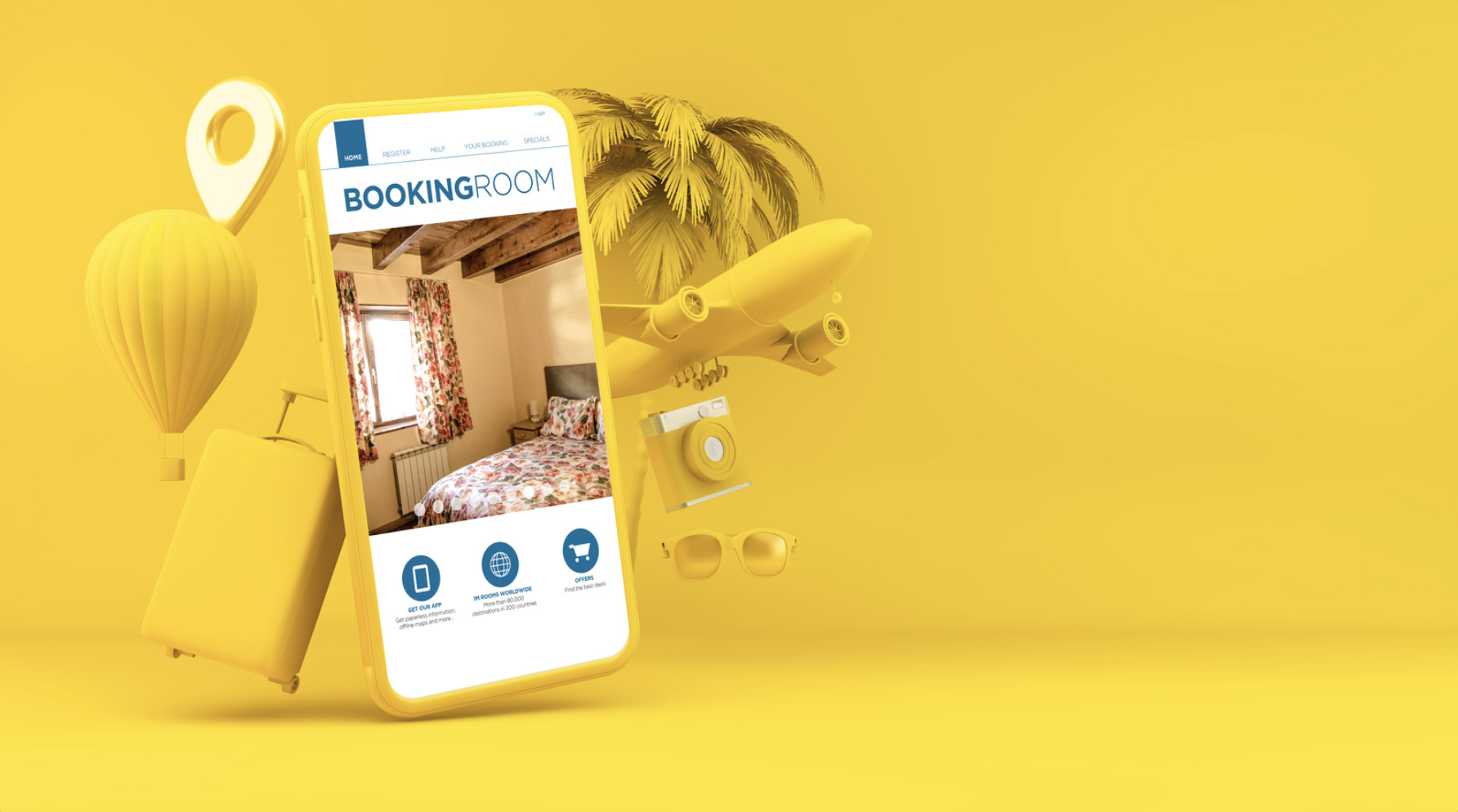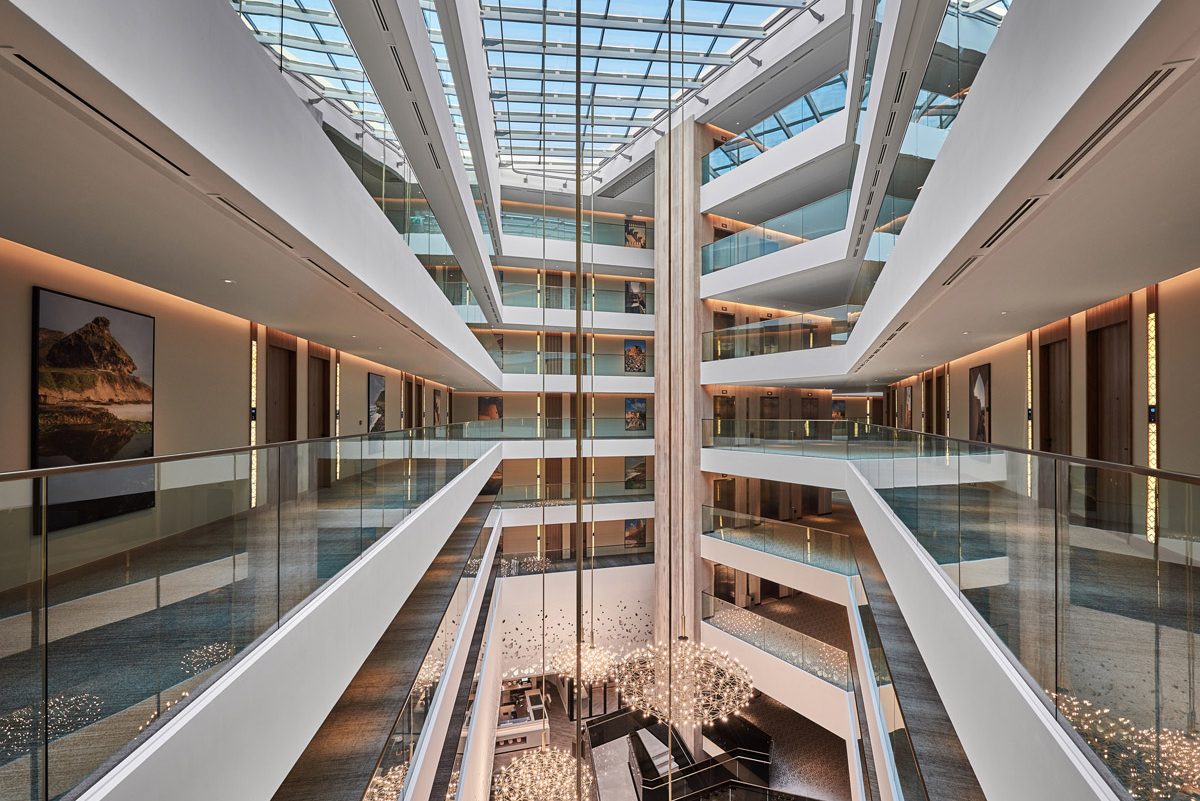Why Hotel Placemakr Matters for Modern Hospitality Experiences
In the evolving landscape of hospitality, the concept of “placemaking” has emerged as a critical factor in shaping guest experiences. While traditional hotel services focus on amenities and comfort, modern travelers seek more than just a place to sleep—they desire immersive, meaningful interactions with their surroundings. This is where Hotel Placemakr comes into play, redefining how hotels engage with guests and contribute to the local community. By integrating unique cultural elements, fostering connections, and creating spaces that reflect the essence of their location, placemaking transforms hotels from mere accommodations into vibrant hubs of experience.
The Evolution of Hospitality: From Accommodation to Experience
Historically, hotels were designed primarily as functional spaces offering shelter, cleanliness, and basic services. However, the rise of experiential travel has shifted expectations. Today’s guests are looking for authenticity, personalization, and opportunities to connect with the local culture. This shift has led to the emergence of placemaking as a strategic approach in the hospitality industry.
Placemaking involves designing spaces that encourage social interaction, cultural engagement, and a sense of belonging. For hotels, this means going beyond standard offerings and curating experiences that reflect the character of the destination. Whether it’s through local art installations, community partnerships, or themed events, placemaking creates a deeper connection between guests and the environment.
How Hotel Placemakr Enhances Guest Engagement

One of the most significant benefits of Hotel Placemakr is its ability to enhance guest engagement. Traditional hotels often rely on standardized services, which can make the stay feel generic. In contrast, placemaking introduces uniqueness that sets a hotel apart. For example, a hotel in a historic district might incorporate vintage decor, host storytelling sessions, or collaborate with local artisans to create one-of-a-kind experiences.
These initiatives not only attract curious travelers but also foster a sense of loyalty. Guests who feel connected to a hotel’s identity are more likely to return and recommend it to others. Additionally, placemaking encourages guests to explore beyond the hotel premises, supporting local businesses and contributing to the economic vitality of the area.
Building Community Through Placemaking

Beyond individual guest experiences, Hotel Placemakr plays a vital role in building and sustaining communities. Hotels are often central to the fabric of a city, serving as gathering places for locals and visitors alike. By incorporating community-focused initiatives, hotels can become active participants in the social and cultural life of their neighborhoods.
For instance, a hotel might partner with local schools to offer educational programs, sponsor neighborhood clean-up efforts, or host public art exhibitions. These actions not only strengthen the hotel’s relationship with the community but also position it as a responsible and engaged member of the area. Moreover, such efforts can enhance the hotel’s reputation, attracting socially conscious travelers who value sustainability and community impact.
The Role of Technology in Modern Placemaking

Technology has further amplified the potential of Hotel Placemakr by enabling seamless integration of digital tools with physical spaces. Mobile apps, augmented reality, and interactive kiosks allow guests to engage with a hotel’s unique offerings in innovative ways. For example, a guest might use an app to access a virtual tour of the hotel’s history, discover nearby cultural attractions, or participate in a live cooking class with a local chef.
These technological enhancements not only enrich the guest experience but also provide hotels with valuable data on visitor preferences. This information can be used to refine placemaking strategies, ensuring that they remain relevant and responsive to changing trends.
Challenges and Considerations in Implementing Placemaking

While the benefits of Hotel Placemakr are clear, implementing effective placemaking strategies requires careful planning and consideration. One challenge is striking a balance between preserving the authenticity of a location and catering to the expectations of diverse guest demographics. Over-commercialization can dilute the cultural significance of a place, leading to a loss of the very elements that make it unique.
Additionally, placemaking demands collaboration with local stakeholders, including artists, business owners, and community leaders. Building these relationships takes time and effort, but it is essential for creating meaningful and sustainable experiences. Hotels must also be prepared to invest in ongoing maintenance and adaptation of their placemaking initiatives to ensure long-term success.
Conclusion: Embracing the Future of Hospitality
As the hospitality industry continues to evolve, the importance of Hotel Placemakr cannot be overstated. By focusing on creating authentic, engaging, and community-driven experiences, hotels can differentiate themselves in a competitive market while contributing positively to the places they inhabit. For travelers, this means more than just a comfortable stay—it means an opportunity to connect, explore, and create lasting memories. In a world that increasingly values experiences over possessions, placemaking is not just a trend; it is the future of hospitality.



